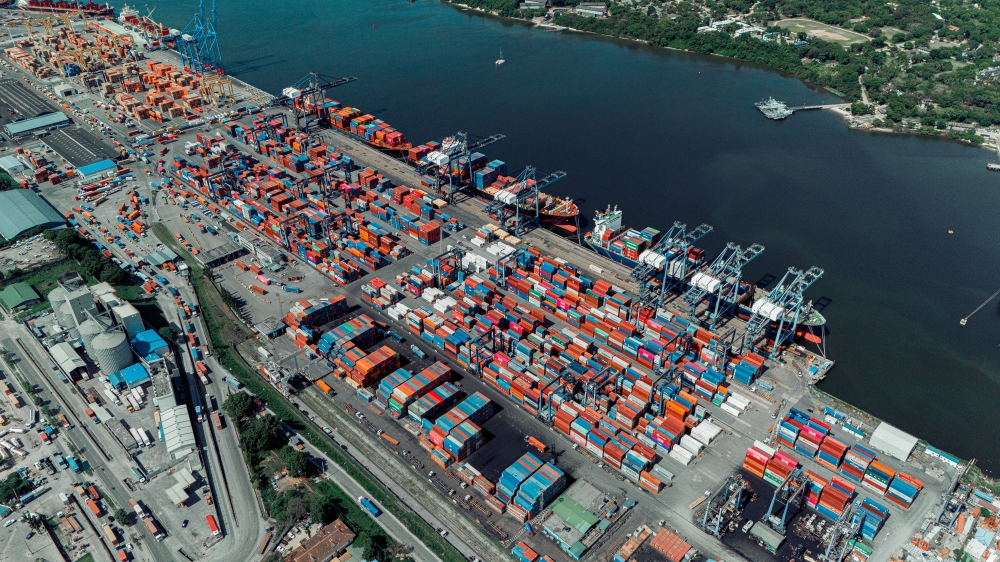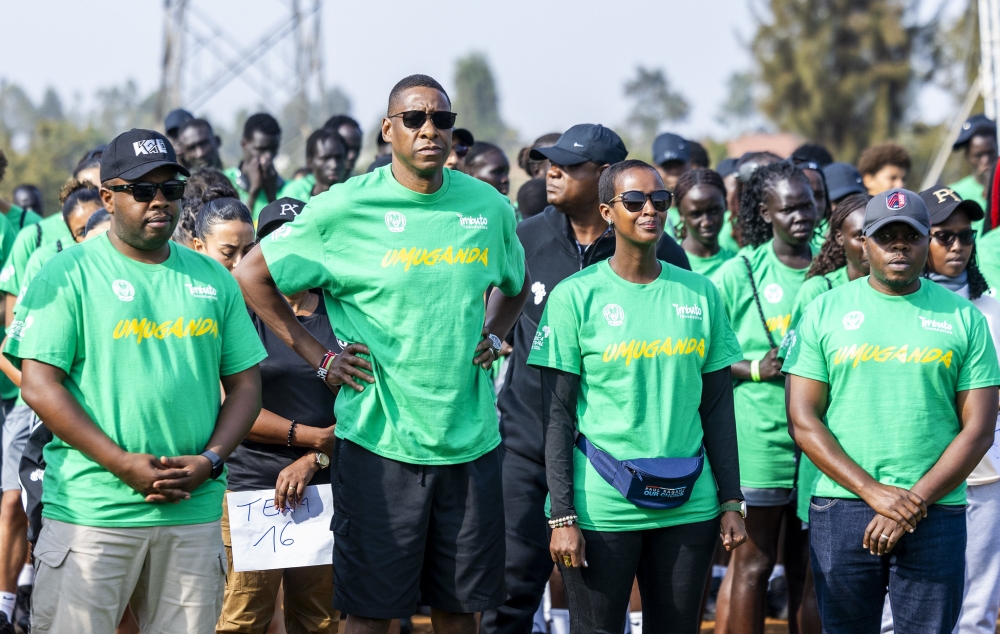AN IVORIAN friend once quipped to me, “if you make it big in Africa, you can make it anywhere”. He did not plan on ever moving back to his homeland as he saw no professional opportunities for him.


AN IVORIAN friend once quipped to me, "if you make it big in Africa, you can make it anywhere”. He did not plan on ever moving back to his homeland as he saw no professional opportunities for him. It is unfortunate how many Africans think like he does.
Newton’s first law of motion (law of inertia) suggests that an object at rest will stay at rest unless an unbalanced force acts upon it; it is fortunate that many Rwandans realise their role in ‘applying force’ to see the nation move forward.Last week, Diana Mpyisi wrote a piece about keeping the brilliance of Rwandan youth within our borders: I was riveted by her piece because of the grim reality it reflected. I know a number of skilled Rwandans who have recently returned home and find themselves sitting idle for months on end. One lady with a post-graduate in economics recounted to me how she had rejected a good job offer in London only to find herself filing papers in one of the ministries. Newton’s second law of motion: the net force on an object is equal to the rate of change of its linear momentum. What ‘force’ do we need to create momentum in Rwanda’s work environment? The standard answer tends to be, "create your own job”. Very well until we put things into context: How does one start a business in a country where it is hard to receive a loan if you have no collateral or no salary as a security? Capital aside, in a country starved for skills, how can a highly-skilled Geneticist start her own lab without government support? The government could set up a grant scheme (or micro-credit scheme) to fund innovative projects (and self-employment) by graduates; there should also be a proactive effort to register newly returned graduates so as to ascertain what skills are coming into the country.I have heard another answer, gain experience out there first then move back. This is definitely a fit in some circumstances, and very off the mark in others. A friend shared his dilemma of moving back: even with his experience in a telecom giant in America, his specialised skills are so many degrees of separation away from what is available or done in Rwanda that not only are his skills useless here, he would probably fail an entry interview as the telecom work done here is very different from what he does. By putting in place incentives for the private sector to readily assimilate experienced professionals from abroad, people like him can slowly find a fit in Rwanda’s workplace; incentives for returning professionals and improved labour-market conditions will make the difference long term.I have come to see firsthand why Africa is being bled dry of its brains; when your idealism to make a difference in your country begins to fizzle out, giving out to the realism of bureaucratic processes, out of reach loans, lack of institutions that can appreciate your skills, low wages, you name it, you begin to look elsewhere. And ‘elsewhere’ will always seem to have the answer. Brain drain of doctors (only) from Africa to the West has cost the continent $2.2 billion!Newton’s third law: for every action there is an equal and opposite reaction. When you step off a boat onto the bank of a lake, as you move in the direction of the shore, the boat moves in the opposite direction; you could end up face-down in the water if not careful. As we send hundreds of students abroad, equal energy and efforts are required to create an environment that attracts them back otherwise we risk paying for them to go add value to Western economies. In the long term it will serve us well to attract more institutions akin to Carnegie Mellon University- Rwanda that will impart the advanced skills on Rwandan soil: training students within the Rwandan context will allow them to create viable solutions for Rwanda, build strong networks with their peers and ensure that the skills stay here.




